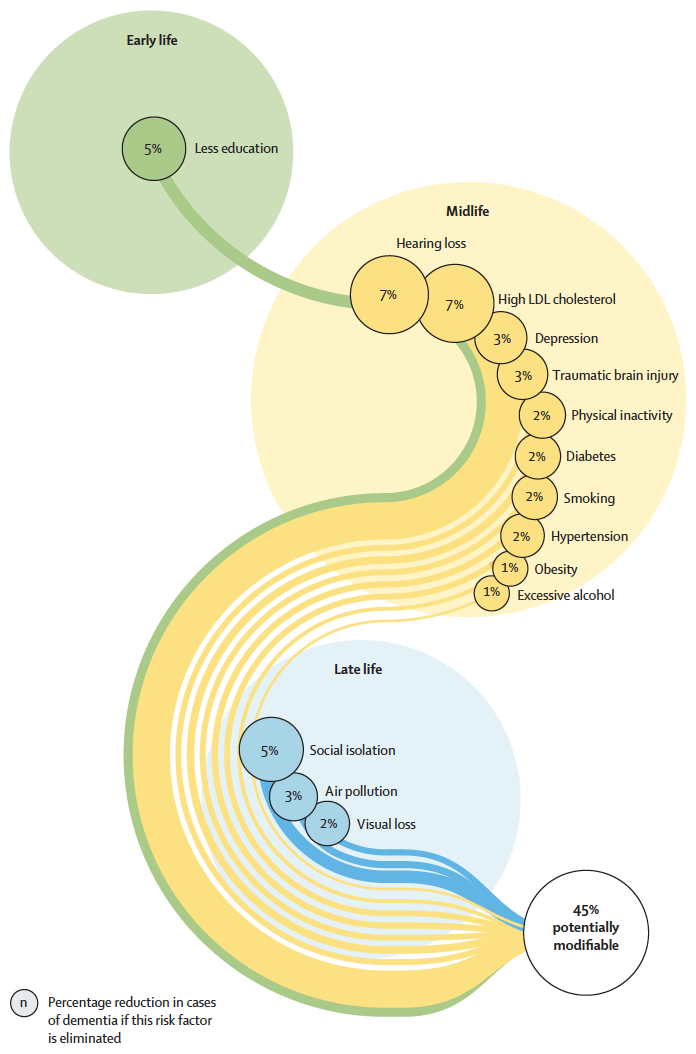
How Robust is Wellness in Your Memory Care?
3 Reasons Why It Matters
Want a way to disrupt the experience of memory loss and improve the quality of daily life for your residents living with dementia? Try wellness.
Many companies are investing in bringing engaging, comprehensive wellness programs to their communities, especially now. Yet often we see these robust offerings do not extend to memory care settings. They should – and here are some good reasons why you should make wellness initiatives in dementia care a high priority.
Wellness changes the dementia experience. Research shows that intervention across wellness behaviors for those living with dementia is associated with better daily functioning as well as preserving the individual’s quality of life. Some evidence even suggests that a multi-pronged wellness intervention can slow disease progression. In a large study known as the FINGER trial, Finnish researchers found that an intensive program combining physical exercise, group-based cognitive training, nutritional changes and enhanced medical management significantly improved global cognition scores and slowed decline in a group of individuals with early cognitive changes. Lifestyle changes like these are simple to teach, easy to implement, affordable to provide and can make a big difference in the lives of your residents.
Wellness includes meaningful cognitive interventions. As an expert in brain health, I know the best way to boost cognitive fitness is to marry cognitive training with wellness interventions. Intellectual function is a major pillar of the wellness picture, not separate from it. This is true for everyone across the cognitive continuum. The cutting-edge evidence shows that individuals living with memory loss can benefit from cognitive stimulation targeting thinking skills to support everyday functioning, strategy training to help compensate for attention and memory changes and continued intellectual engagement with enriching and creative opportunities. Doing less, for example only reminiscing-style programs or “keep them busy” activities, may deny residents of the chance to benefit fully from the full weight of the science.
Wellness is critical to a person-centered approach. No doubt you strive to offer a person-centered dementia care approach that recognizes and nurtures the whole individual. In that case, wellness should be a “no-brainer” priority for your memory care settings. Wellness engagement is easily adaptable to meet a person’s unique needs, reflect their personal passions, and engage in ways that promote communication and meaningful connections. Having the opportunity to engage in staying healthy is empowering and promotes confidence. Simply put, a wellness-based approach clicks all the boxes on what it takes to truly put the individual living with dementia at the center of your planning.
Everyone deserves to live well, no matter what challenges we face. Individuals living with dementia should be empowered at every opportunity with ways to stay physically active, intellectually challenged, emotionally healthy and socially connected. Making robust, meaningful wellness programming central to your memory care strategy can do just that.
Want to learn more? Join us for a free educational webinar: Everyone Deserves Brain Wellness! on Monday, April 12, 2021 at 12:00 – 12:30 pm ET: Click here to register.



